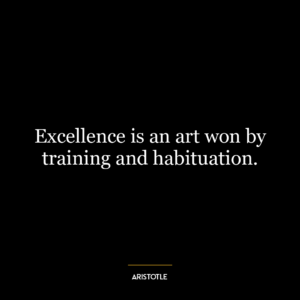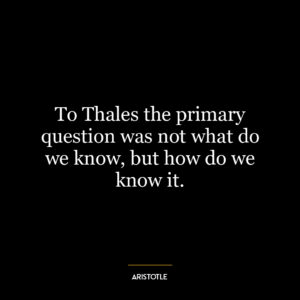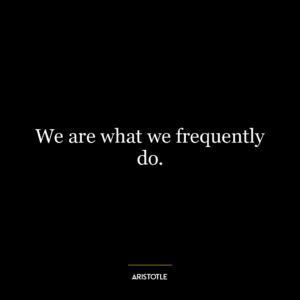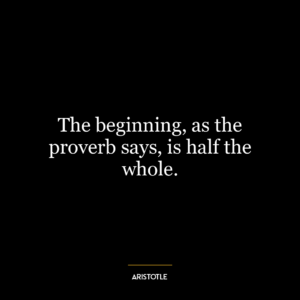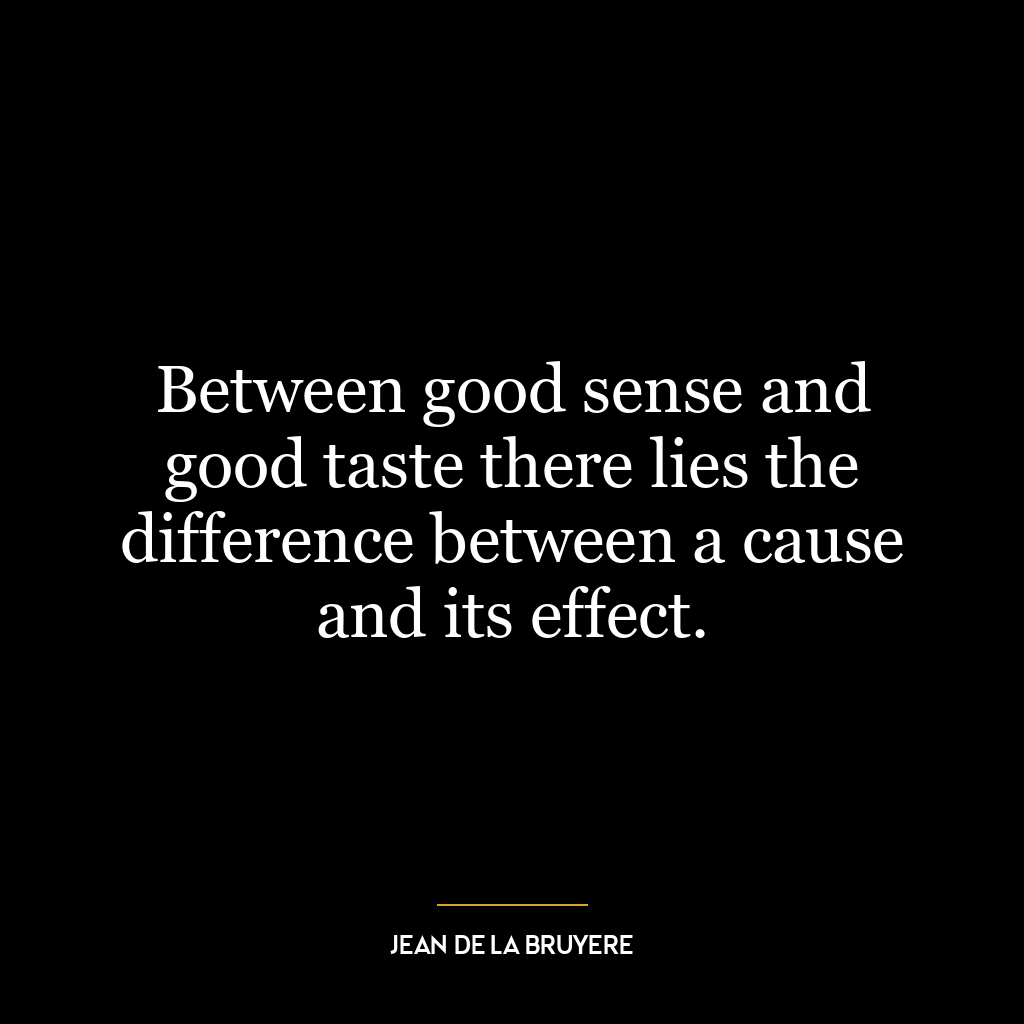The quote “Let us first understand the facts and then we may seek the cause” emphasizes the importance of understanding a situation fully before attempting to identify its cause or source. It suggests that we should first gather all available information, analyze it, and ensure we have a comprehensive understanding of what is happening. Only then should we move on to determining why it is happening.
This approach is grounded in logic and rationality, and it promotes careful consideration and thorough investigation before jumping to conclusions. It’s an argument against hasty decisions based on incomplete information, reminding us that we should always strive for a complete understanding before forming judgments or making decisions.
Applying this quote in today’s world, it could be seen as a call for more thoughtful and informed decision-making in all areas of life – from politics and business to personal relationships and self-development. In a world where we’re often pressured to make quick decisions and instant judgments, this quote reminds us of the importance of taking the time to fully understand a situation before trying to determine its causes or implications.
For instance, in the context of a business, before blaming a particular department or person for a problem, it would be wise to first understand all the facts. This could involve analyzing data, talking to different stakeholders, and getting a full picture of the situation. Only after this thorough investigation should the cause be sought.
In terms of personal development, this quote could be interpreted as a reminder to not rush to self-judgment or self-criticism. Instead, one should first seek to understand one’s feelings, behaviors, and thoughts thoroughly. This might involve self-reflection, mindfulness, or even seeking professional help. Only after understanding oneself fully, should one seek the cause or reason behind one’s actions or feelings. This could lead to more effective personal growth and self-improvement, as it’s based on a complete understanding of oneself.



